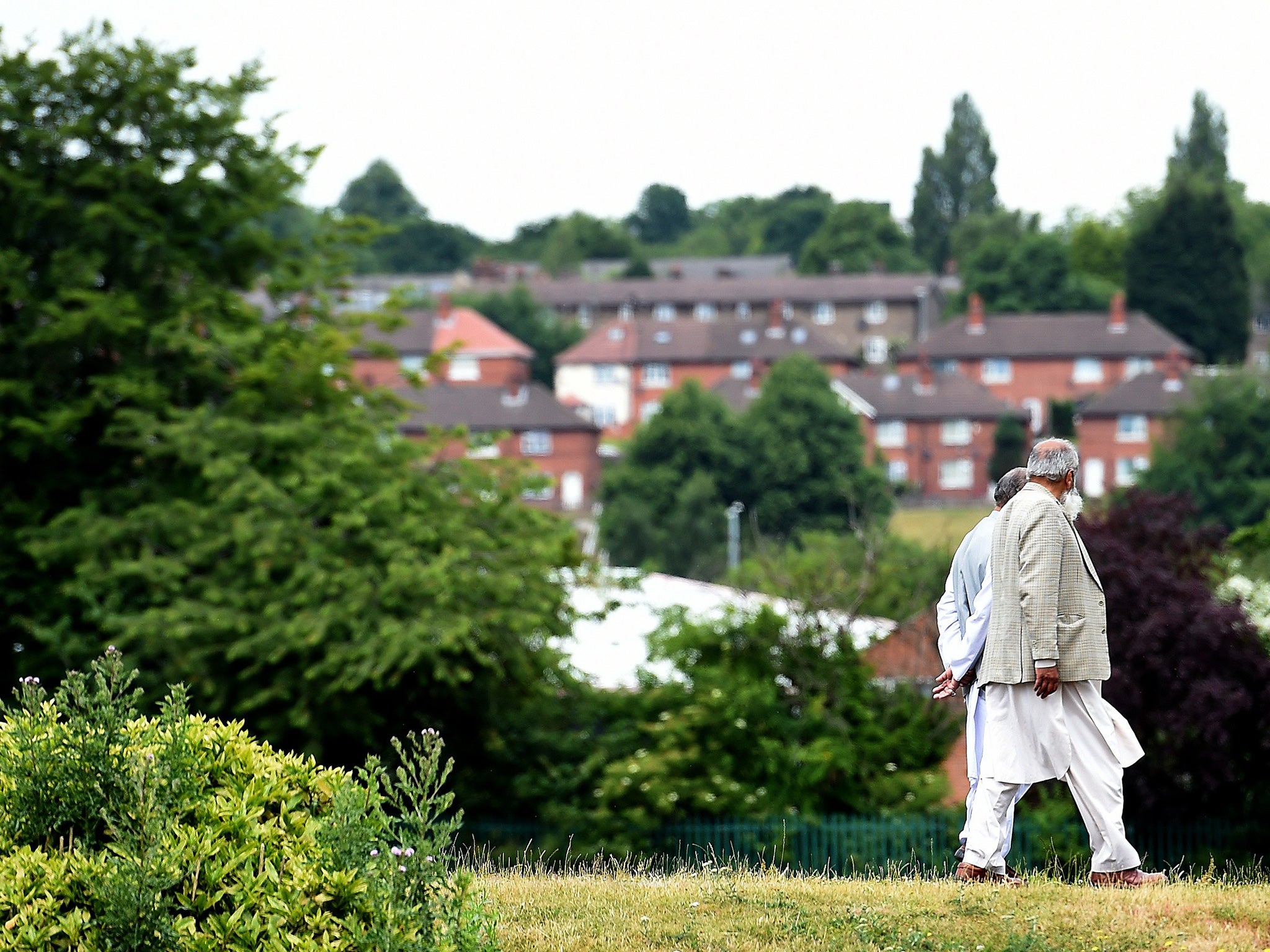7/7 bombings: Cricket initiative helps break down racial barriers in a town scarred by the actions of locally-born Jihadists
A scheme is bringing communities in the town of Dewsbury together

Your support helps us to tell the story
From reproductive rights to climate change to Big Tech, The Independent is on the ground when the story is developing. Whether it's investigating the financials of Elon Musk's pro-Trump PAC or producing our latest documentary, 'The A Word', which shines a light on the American women fighting for reproductive rights, we know how important it is to parse out the facts from the messaging.
At such a critical moment in US history, we need reporters on the ground. Your donation allows us to keep sending journalists to speak to both sides of the story.
The Independent is trusted by Americans across the entire political spectrum. And unlike many other quality news outlets, we choose not to lock Americans out of our reporting and analysis with paywalls. We believe quality journalism should be available to everyone, paid for by those who can afford it.
Your support makes all the difference.A pioneering cricket initiative is helping to break down racial barriers in a town which has been scarred by the antics of locally born Jihadists and home-grown terrorism.
Dewsbury in Yorkshire is perhaps better known for being the home of Mohammad Sidique Khan, the ringleader of the four suicide bombers that attacked London on July 7, 2005, killing 52 people.
Latterly, too, another of its citizens - 17-year-old Talha Asmal - became Britain’s youngest suicide bomber killing 11 people near an Iraqi oil works.
Now, though, as the nation remembers the tenth anniversary of the July 7 bombings in London, comes a story of a flourishing initiative to bring segregated communities in the town together.
The scheme, which has led to the formation of three cricketing teams formed from the town’s schools - two representative largely Asian schools and one the white community, has brought the different communities in the town together in a way not previously managed in the area.
According to head coach Yusuf Karolia, it has brought young children into contact with those from other communities they might otherwise never have met. It has even led to them being recognised by Lords for the work they have done.
“That’s something that would have been pie in the sky before this project,” he said.
“They are rubbing shoulders with people they would never dreamt of meeting beforehand.”
The project, run by the cricketing charity Chance to Shine - with sponsorship from Lycamobile, has won praise in an evaluation of its work by researchers from Loughborough University.
“Dewsbury is a town where the aim of increasing the sense of inclusion and well-being by marginalised and disadvantaged people is challenging due to the ways in which communities are insular and where some communities experience high levels of deprivation,” it says.
Organisers of the scheme realised they had a success story on their hands when the pupils from the white schools pleaded with them to allow some of the Asian young people to play in their team.
“There were about 50-plus Asian kids there - all cricket mad, all love it and after the first game, (the white kids) got absolutely hammered,” the scheme’s project manager recalls.
“They got beaten so badly and they came up to the coaches and said ‘Can we swap some of our players? Can we swap three of our players for three of the Dewsbury (Moor) players so in effect making it more even.”
He concluded: “I mean that wouldn’t have happened without the cricket ... so that’s one of the sort of great ways cricket can help to break down the barriers really.”
Teachers reported that involvement with the scheme had helped improve their p8upil’s confidence and helped to reduce their marginalisation from society.
There was also praise for the involvement of the local police who took time out to play with the pupils and help with coaching. That led to their invitation to Lords where the scheme won an award for its attempts to promote “peace at the crease”.
PC Tim Hayes, one of the officers involved with the young cricketers, said: “From my perspective, supporting and participating in the sessions as a police officer has helped break down barriers between young people and the police.
“When I walk around Dewsbury now, on or off duty, I often see a familiar face from the project, past or present, and I’m always greeted positively and warmly.”
It is a far different cry from the image conjured up during the aftermath of the 7/7 bombings which appeared to set community against community.
Join our commenting forum
Join thought-provoking conversations, follow other Independent readers and see their replies
Comments